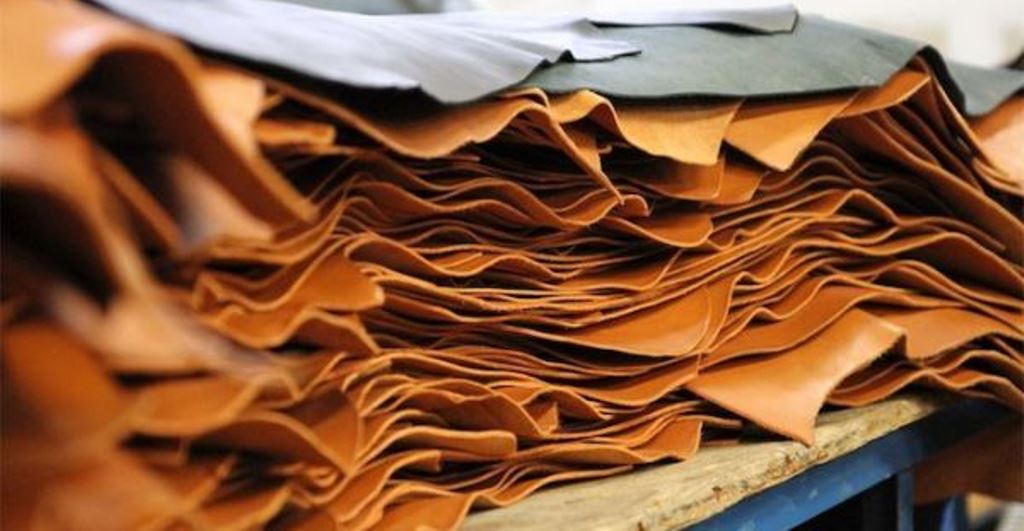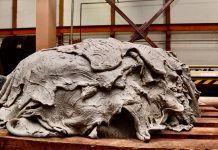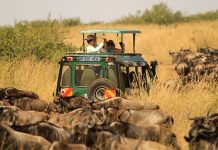AfricaPress-Tanzania: OIKOS East Africa has equipped a leather tannery centre with working tools worth 13m/- in its latest initiative to spur livestock skins value addition in natural resources-rich Longido district in Arusha region.
Through the European Union funded Conserving Neighbouring Ecosystems in Kenya and Tanzania (CONNEKT) project, Oikos East Africa has first trained before providing equipment to support Enduimet pastoralist communities to run a newly established leather processing centre at Ildonyo village, Sinya Ward in Longido district to add value to a neglected leather commodity.
A prominent leather designer, also funded by CONNEKT, currently supports the dozens of artisans. The total investment for this initiative exceeds 50m/-.
The heavy-duty equipment includes, among others, two cutting-edge sewing machines, leather-cutting tables and benches, several cabinets, 30 chairs, a 5000-litre water storage tank and hand washing facilities.
“Through the CONNEKT project, we are empowering pastoralist community to process livestock skins in a bid to create a commercial leather industry hub in the livestockrich Northern Tanzania region,” said the Oikos East Africa’s Managing Director, Ms Mary Birdi during the equipment handing over ceremony recently.
The whole idea is to offer the pastoralists skills to use livestock hides, a by-product, which are often thrown away, from within the villages forming Enduimet WMA, to make accessories and footwear for local markets as an alternative income generating venture.
Ms Birdi said that her organization provides technical and advisory assistance in developing pastoralist’s capacities on how to use organic ingredients, including papaya, lime and mimosa, to do rawhide tanning.
Twenty four community members from vulnerable pastoralist communities have been trained on raw skin tanning, beadwork and production of handmade leather finished products in various designs in a 14-day training held at Mkuru Natural Leather Training Centre late last year, and now are competent enough to make high quality leather products.
“To enable livestock keepers to harness the leather industry is a game changer” she said, adding: “We believe that these kinds of skills transfer initiatives are strategic for the rural inhabitants, as it offers them diversification of income generation undertaking.”
A pastoralist from TingaTinga village, Mr Kilembu Nguchicha said, “If I had tools, I could just start producing belts and other stuffs. I’ve fallen in love mostly with leather processing lesson.
I never knew before that you could process leather by using a small common bucket,” Enduimet Divisional Secretary, Mr Mbarouk Mafanga Mbarouk said that he hopes the leather activity will create new decent employment and more income for the pastoralist communities of Enduimet.




